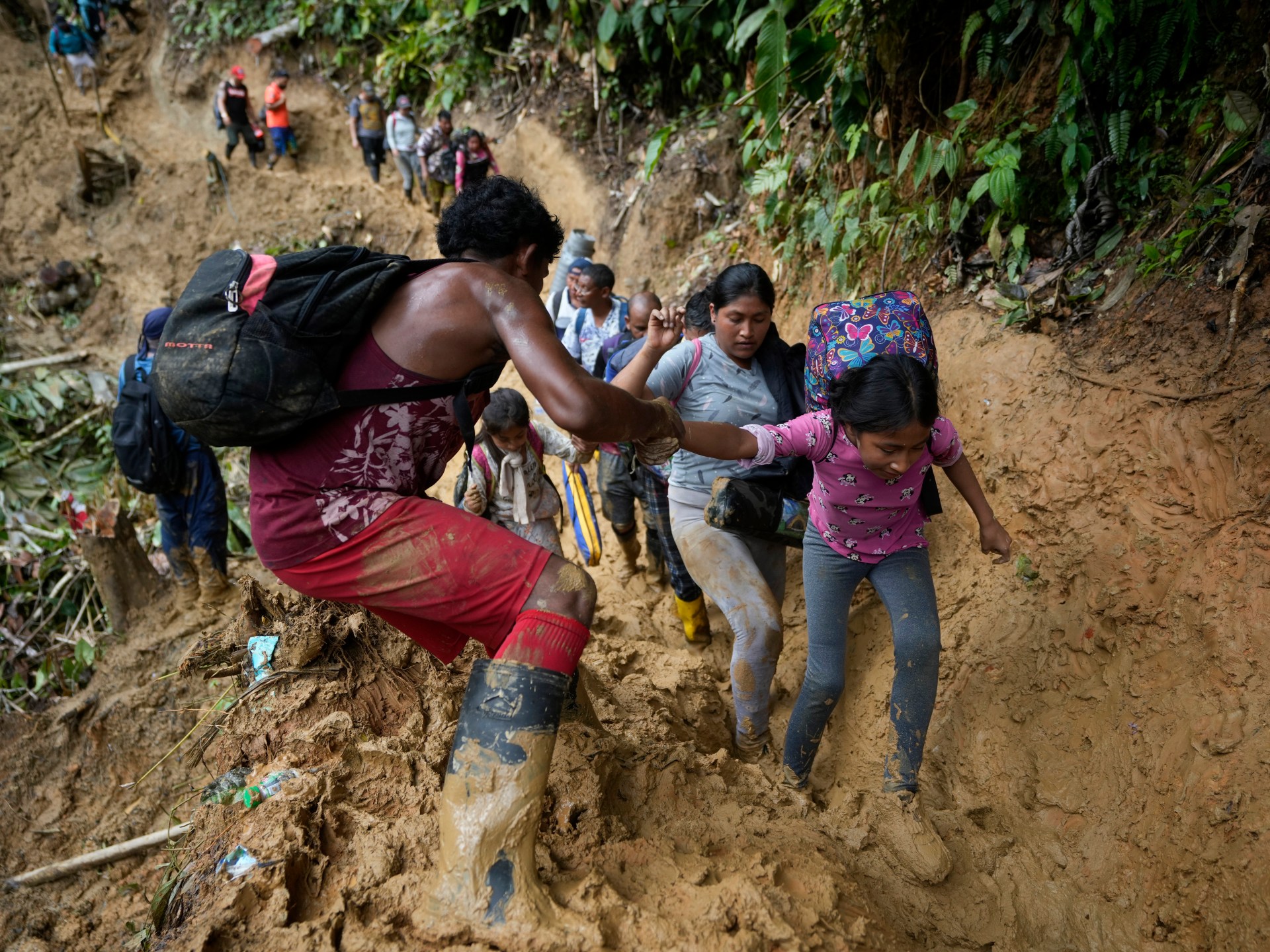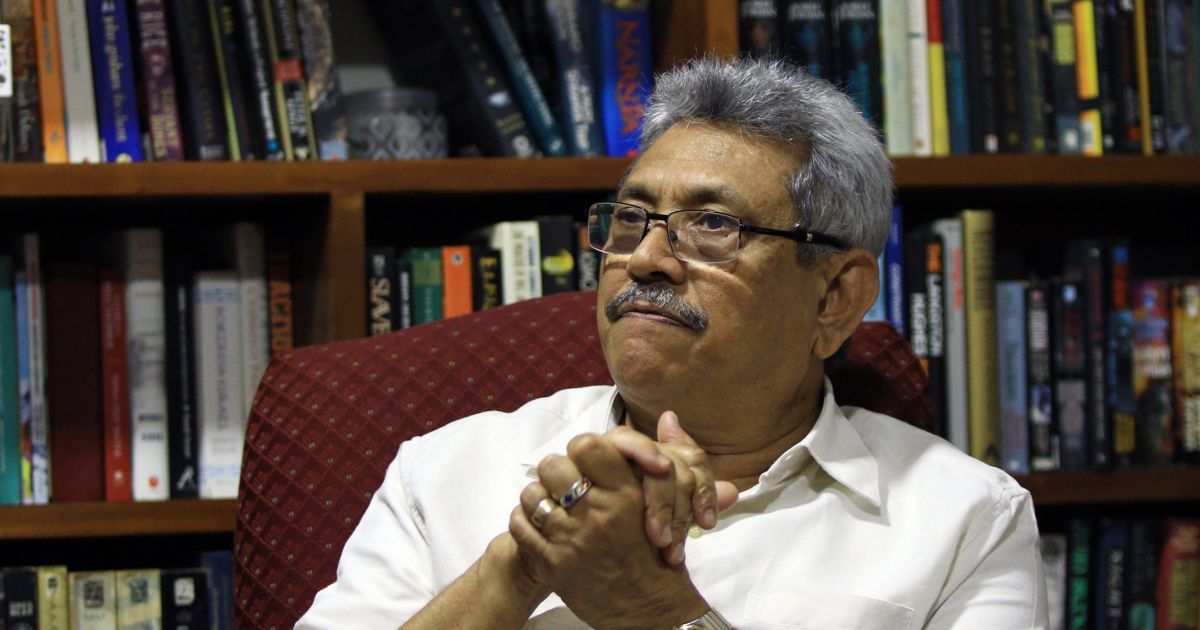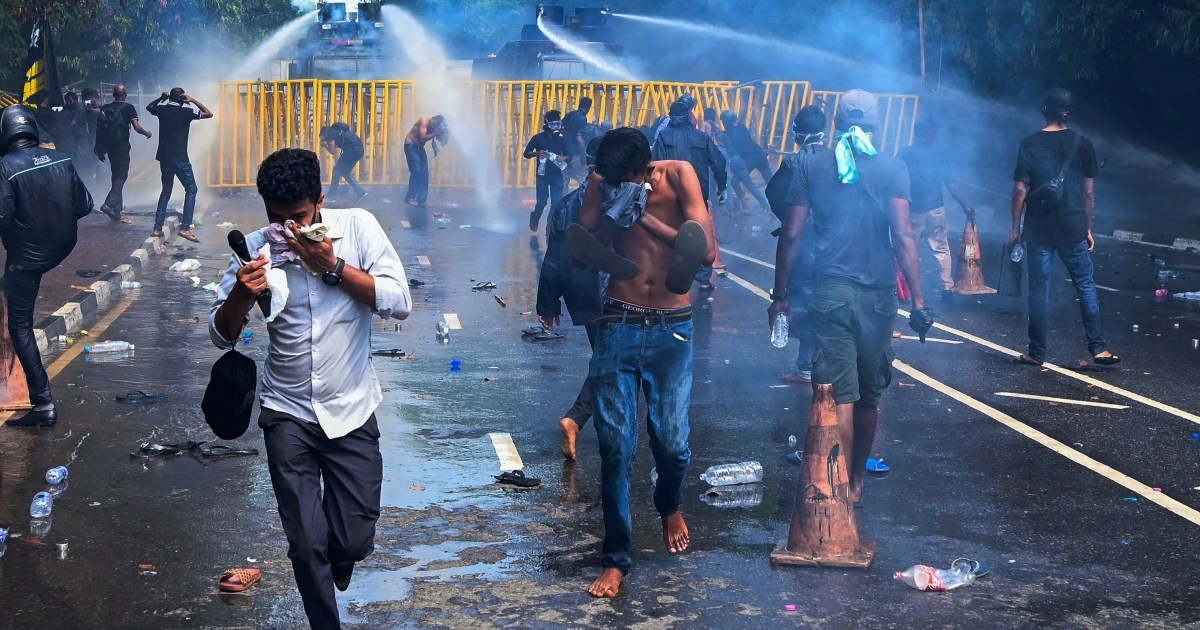Armenian President Armen Sarkissian quits over lack of influence | Politics News
Armen Sarkissian says he believes the country’s constitution does not give the president sufficient powers to influence events.
Armenian President Armen Sarkissian has announced his resignation, citing the inability of his office to influence policy during times of national crisis.
Sarkissian, president since 2018, was at the centre of a domestic political crisis last year that erupted in the wake of a war between Armenia and its longstanding rival Azerbaijan for control of the disputed Nagorno-Karabakh region.
He was involved in a standoff with Prime Minister Nikol Pashinyan last year over a number of issues, including the dismissal of the head of the armed forces in the wake of the war and amid protests that brought thousands onto the streets of the Caucasus nation.
“This is not an emotionally-driven decision and it comes from a specific logic,” Sarkissian said on Sunday in a statement on his official website.
“The president does not have the necessary tools to influence the important processes of foreign and domestic policy in difficult times for the people and the country,” he said.
“I hope that eventually the constitutional changes will be implemented and the next president and presidential administration will be able to operate in a more balanced environment,” he added.
After a referendum in December 2015, Armenia became a parliamentary republic, and presidential powers were significantly curtailed – meaning that the role of prime minister is seen as more powerful.
The president’s statement did not refer directly to any particular events or issues.
Nagorno-Karabakh tensions
Armenia agreed to a ceasefire with Azerbaijan last November at their border, after Russia urged them to step back from confrontation following the deadliest clash since a six-week war in 2020 when Moscow also brokered a peace deal to end the hostilities.
At the time, Sarkissian criticised the fact that he had not been included in the negotiations.
Prime Minister Pashinyan has since been under pressure, with regular street protests demanding he step down over the terms of the peace agreement. Under the 2020 deal brokered by Russia, Azerbaijan regained control of the territory it had lost during a war in the early 1990s.
Armenia seceded from the Soviet Union in 1991 but remains dependent on Russia for aid and investment.
Armenia’s economy has struggled since the Soviet collapse and money sent home by Armenians abroad has aided the construction of schools, churches and other infrastructure projects, including in Nagorno-Karabakh.
Many Armenians accuse the government of corruption and mishandling an economy that has struggled to overcome the legacy of central planning.




